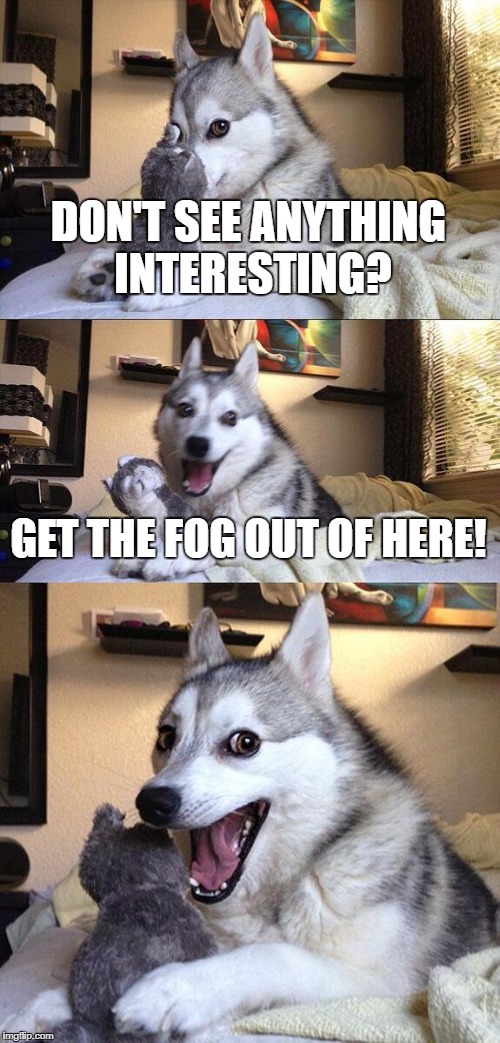 We’re going on our family vacation soon, which gives us the opportunity to dabble in all kinds of activities. Including the one starting out with the question: “Are the kids’ passports still valid?”.
We’re going on our family vacation soon, which gives us the opportunity to dabble in all kinds of activities. Including the one starting out with the question: “Are the kids’ passports still valid?”.
Nope. And we’re just 3 weeks before the flight. Time to deal with the unexpected.
The next day, the kids and I line up in the ever increasing queue into the magical bureaucracy-land. Unlike other magical places, there are no signs telling you how long the queue really is. In fact, the magical number dispenser is obfuscating where you are really. I think they’ve given up on estimates as well.
Once we got our number, we’re sitting there, waiting, not knowing when our number would get called. Then we get in. The nice lady asks what we’re doing here, and why. I tell her the story, and then she asks me: “How were you able to purchase a ticket for them if their passport has expired?”.
I was stumped for a minute. That’s true, this thing could never have happened before.
And then I figure out that “before”, was before I stopped using travel agents, that would check validity of passports. When I order the flights online, not all sites ask for passport information, let alone stop you from purchasing the tickets if they have expired. Their motivation is to sell tickets, not hold you back.
In other words, the lady who’s been working the same way since forever, doesn’t know how the internet works, and I didn’t figure there might be a safer way to purchase tickets.
As Manuel said in Fawlty Towers: This is surprise.
Let’s get back to work
Where do you think conflicts come from? How come somebody’s always surprised that the release is delayed? Or that we won’t be able to fit everything into the sprint we planned?
It comes down to the fact that we never have the whole picture. We carry our load of assumptions and experiences, the ways we think and percieve, which are always different from those carried by the other side. What’s obvious to me will perplex my colleague, and vice versa.
There’s always a fog of war. When we come out of the fog, we encounter reality and have to deal with it. Because of the fog, we’re surprised. Many times not in a good way.
Fighting the fog
We need to make it thinner, as see-through as possible.
We need to communicate much more than we think we should. In any agile methodlogy, communication is key. We need to visualize the information we have so that we can get feedback on the way we think, and make sure the other participants see the same picture. That’s real visibility. Once everyone agrees on the situation, not only do we get confirmation on the status of things, we can make better decisions.
We should encourage discussions more, by making it safe for people to sound off on contradicting opinions. If people don’t feel safe to tell us what they think (because they are new, because the boss thinks differently, because they have to confront a bully, or because the last guy who did that is now working the mines), they just won’t. Then we’re back in that fog again.
We need to stop relying on our messaging systems. Emailing to a group of people doesn’t mean they read it . Putting something on Slack doesn’t mean people will react immediately. Putting something in Jira, doesn’t mean people will know where to find it, let alone read and understand it. Things should be visible to everyone without effort. Again, visibility for everyone.
We should be able to get, and learn how to give, feedback. This is not easy, because we need to believe this is good for us, while our experience might tell us differently. Feedback is also the cornerstone of agile methodologies, we should master both sides.
And finally, we have to work at it to make this continuous. The fog is entropic. We need to invest and put energy do diffuse it. The moment we stop, the mist will come back. And Stephen King tells us nothing good comes from within.
Work isn’t just “work”. It’s not just coding, or designing, or selling. As we work in a group the system that elevates our product need to work. It can benefit from continuous defogging.
1 comment on “Visibility: The Fog of Work”